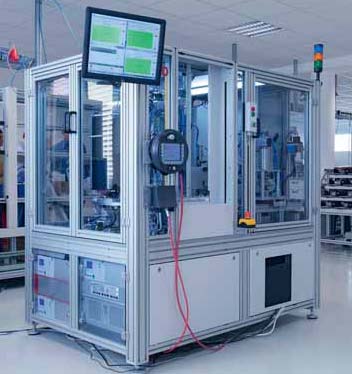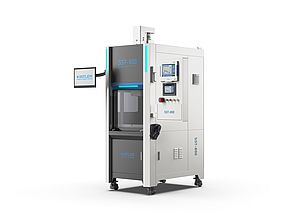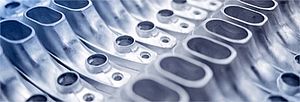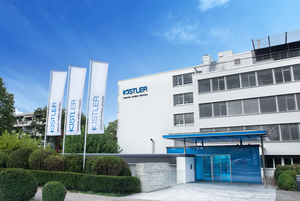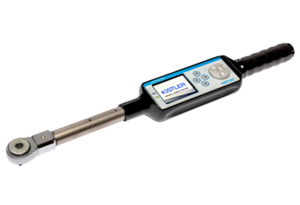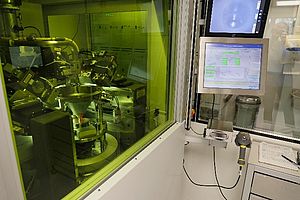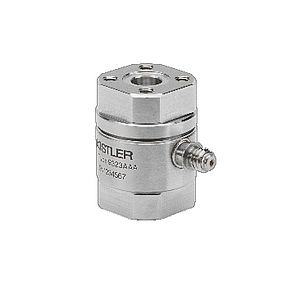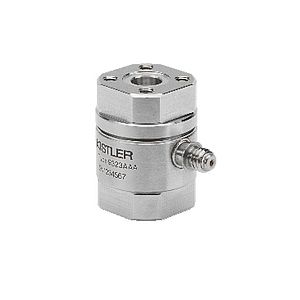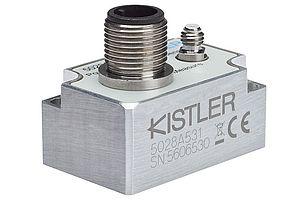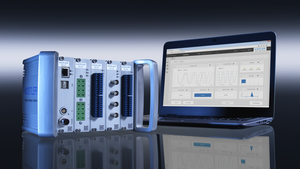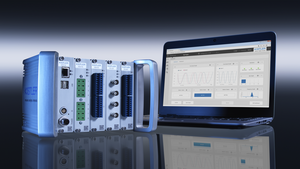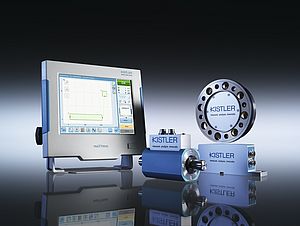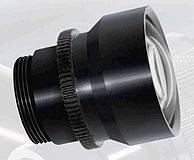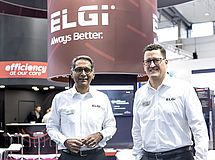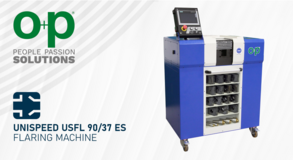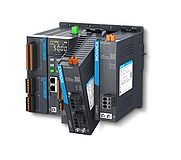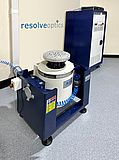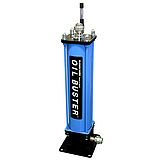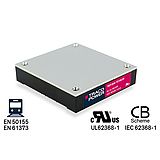MCD Elektronik GmbH (MCD) is active in the production of custom-built test systems globally and in various sectors of the manufacturing industry - from medical equipment to aviation technology. Suppliers to the automotive industry use MCD's test systems, which are equipped with high-quality sensors from Kistler to evaluate part functionality and for haptic testing.
Quality standards for industrial production are becoming increasingly more stringent. The need for quality assurance is especially important in the automotive industry - and rightly so, as defective products can have potentially fatal consequences for drivers and other road users. Concurrently, a faulty component can also have a devastating impact on a supplier's profitability. A product recall - depending on its scale - can easily spell financial ruin for the company in question.
Kistler - a Partner for Flexible Solutions
Typically, multiple functions can be evaluated on an MCD test system, explains Achmed Haddou, Head of Sales at MCD Elektronik GmbH. 'The goal is for a test system to be able to perform as many different jobs as possible. This necessitates strict requirements for the sensors so that the greatest possible measurement ranges can be depicted with constant accuracy without requiring the test setup to be fully modified.' Haddou believes that the sensor technologies provided by Kistler satisfies these requirements perfectly. In 2005, when he first joined the company, MCD test systems had already employed Kistler's high-quality sensors and Haddou is convinced that Kistler's measurement technology has been key to MCD's success. 'By its very definition, every test system requires the use of high-precision and fully reproducible measurement technology. But Kistler is also a reliable partner, offering flexible solutions for force-displacement monitoring. In this way, Kistler is activelyhelping our customers build long-term trust for their brands inthe market.'
Haptic Tests - Only with Kistler Sensors
Suppliers to the automotive industry use MCD test systems not only to evaluate functionality, but also for haptic testing. As Haddou explains: 'Cars are fitted with components that come from a number of different suppliers. But at the end of the day, the driver should never even notice this. Our customers in the automotive supply industry don't just need to know that a test part is working perfectly - they must also know how it actually feels to operate the component.' Examples include electronic parking brakes and 'auto hold' functions whose haptic characteristics are measured on the same test system. The first test involves evaluating how the handbrake is applied and released by simulating the effects of pulling and pushing. Next, the starting assistance is then activated and deactivated on the test system using the push-button - this confirms whether the button responds as expected when pressed manually. 'Because new tests often require new solutions, we continually need to change the setups of our test systems as well in order to align with the very specific needs of the customer,' Haddou continues. Despite the range of tests already carried out usingMCD systems, he says that they all have one thing in common: 'When it comes to haptic testing, it is a given that we will employ Kistler's highly sensitive sensor technology.'
Innovations for the Future
Rapid progress in the area of sensor technology is continually opening up new opportunities for MCD's customers - both in terms of applications and production. Haddou explains: 'One example is the global trend towards miniaturization in production, which places stringent demands on measurement accuracy. While MCD initially only used the Type 9333A Press Force Sensor, it now employs the Type 9217A Low Force Sensor as well, which is ideally suited for tight spaces.' Looking at similar products on the market today, it is quickly apparent that Kistler is now the proven leader in the development of ever-smaller, high performance sensors. Thanks to the strong relationship that MCD has with Kistler Sales Representative Dennis Köther, the two companies are actively discussing new types of sensors that could support MCD's business even further. A number of these discussions are specifically intended to meet the needs of increasingly more compact test system designs. Haddou sums the situation up clearly: 'Only those companies that are able to provide a perfect technological solution to our customers' needs will remain active players in this global market. Kistler is already successfully meeting this challenge.'


